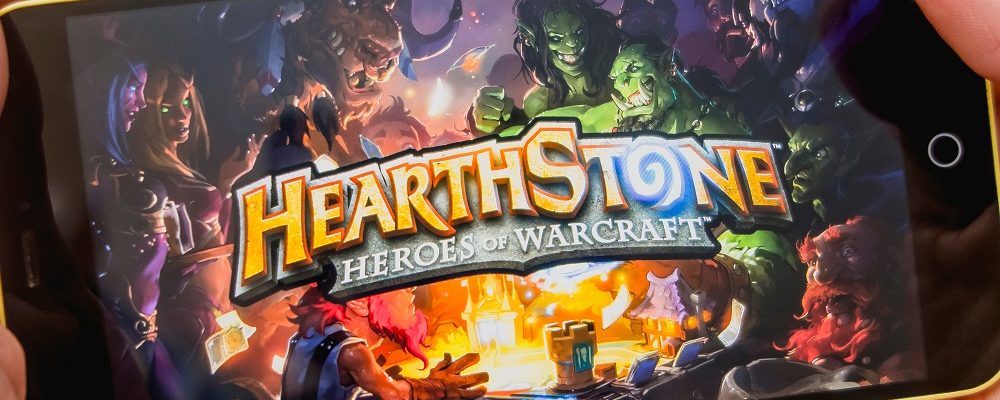Videogames giant Blizzard is undergoing a rift not just with its head-office staff, but its global users’ community, too, for apparently reneging on two of its core values.
The trouble dates back to the aftermath of a 6 October professional gaming session between players of Blizzard’s popular title Hearthstone, when the winner – Ng ‘Blitzchung’ Wai Chung – used a live-streamed post-game interview to call for democracy in his home city, Hong Kong. [1] Shortly afterwards, Blizzard rescinded the $10,000 prize money that Blitzchung had earned at the event and suspended him from playing in the game’s Grandmasters league for one year.
The decision spawned outrage among Hearthstone’s extensively networked fans, many of whom highlighted the irony of Blitzchung’s penalties given the values listed in Blizzard’s online Mission Statement [2] – two of which are ‘Every Voice Matters’ and ‘Think Globally’.
Indeed, as the furore gathered steam, employees at the firm’s Irvine, California HQ covered up inscriptions of those values on a statue outside the premises, and later held an ‘umbrella protest’ in Blitzchung’s honour. [3]
Earlier this month, the PR crisis spilled over into the firm’s annual BlizzCon event in Anaheim. [4] One fan-turned-protestor dubbed company president J Allen Brack a “liar and a bully”, and Brack himself said in an apologetic keynote address: “Blizzard had the opportunity to bring the world together in a tough Hearthstone esports moment a month ago. We did not. We moved too quickly in our decision-making, and then to make matters worse, we were too slow to talk to all of you.”
While Blizzard has since reinstated Blitzchung’s prize money, it has maintained his ban – albeit reduced to six months. What does this controversy reveal about the nature of company values and how they function within specific firms’ communities?
The Institute of Leadership & Management’s head of research, policy and standards Kate Cooper says: “It says a great deal about how much care you should take with what you claim your values to be, and how important it is to ensure that i) those values are understood throughout your entire organisation and ii) you have real confidence that they are being lived. If you make extravagant claims – as Blizzard does – about every voice counting, and then a single voice is seen not to count, that inconsistency will be picked up very quickly, particularly on social media outlets.”
She notes: “This is a powerful reminder that companies don’t own their values. Once they’ve put them out there, it’s up to their stakeholders to interpret them in their own ways. As leaders, we can have values such as ‘Trust’ emblazoned across our walls to our hearts’ content – but if that doesn’t chime with the experiences of the people who interact with us, it’s simply not going to be believed.
“In this particular example, Blizzard’s leaders have been caught out. As our new research on values suggests, if there is a disconnect between people’s personal values and those of the organisations in which they work, then the organisational values won’t be lived – and that mismatch can even extend to senior leadership figures. The caution here is, if you are going to claim certain values, and set out to own them, you have to live them.”
Cooper adds: “Living the values is the real challenge: how do you ensure that the alignment you are looking for succeeds at every level of your organisation? Our research indicates that there’s a significant gulf between the values that people bring to work individually, and those that are stencilled on office walls.”
For further insights on the themes raised in this blog, check out the Institute’s resources on authenticity
Image of Hearthstone game on mobile display screen courtesy of madamF, via Shutterstock

